
Do you know which patients would benefit from PrEP? The CDC reports that many American adults who could benefit from HIV prophylaxis aren't receiving treatment.

Do you know which patients would benefit from PrEP? The CDC reports that many American adults who could benefit from HIV prophylaxis aren't receiving treatment.

This AIDS specialist predicts that the era of 2-drug regimens will be upon us. He explains why here and writes, "remember: you read about it first here."

How far are we from achieving the goal of diagnosing and treating 90% of HIV-infected people to an undetectable HIV RNA level by 2020?

Depression is a major barrier to HIV care. But depression treatment can significantly reduce depressive severity--and improve HIV outcomes. Details here.
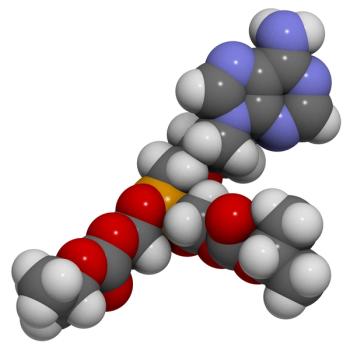
A new era of antiretroviral therapy was previewed at IDWeek 2015 where results of trials of a "next gen" Truvada were unveiled.
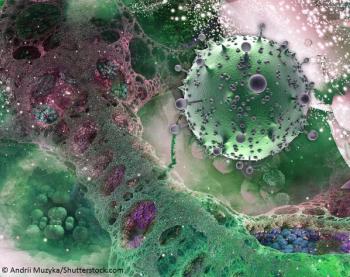
One US location has a higher incidence of HIV than “any country in sub-Saharan Africa.” What does this tell us about the inadequacies in our HIV prevention efforts?
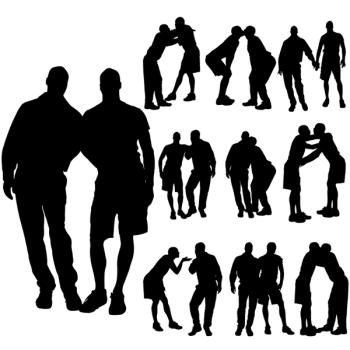
News from the CDC: men who have sex with men should be targeted for high-frequency HIV testing.

More than 22 million people living with HIV are not being treated. New WHO guidelines call for treatment for every one of these people--regardless of their CD4 cell count.
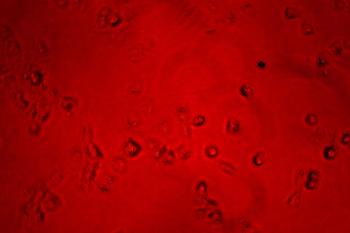
An increasing number of older AIDS patients are starting antiretroviral therapy. Maximum survival benefit is realized when ART is initiated when CD4 counts are high--regardless of the patient's age, according to a new study.

Here's a summary of key recommendations for the primary care practitioner for the care of men who have sex with men from a recent article in The New England Journal of Medicine.

The newly published START trial conclusively demonstrates advantages of initiating antiretroviral therapy as soon as an HIV-infected person enters care.

Clinically significant drug interactions involving antiretroviral agents have been reported in 30% to 40% of HIV-positive patients in the USA. However, this study finds that just a few therapeutic groups are responsible for most of the interactions detected.
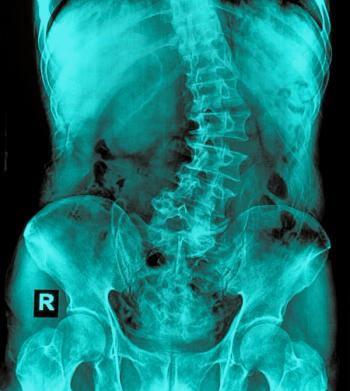
Vitamin D and calcium supplementation is a low-cost, well-tolerated intervention to prevent ART-related bone loss, according to a new study.
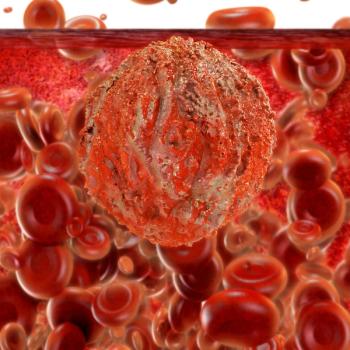
Here's compelling evidence that a screening program in primary care leads to an increased rate of HIV diagnosis.

Previous studies have established that early treatment of HIV dramatically reduces the odds of spreading the infection to a sexual partner. The START trial provides evidence that early therapy benefits a patient's own health.

Interest in preexposure prophylaxis is high among a diverse population of men who have sex with men who are at risk for HIV infection.

A large increase in HIV and HCV infections in Indiana among injection drug users has prompted the CDC to issue a nationwide public health alert. Here's what you can do.

Rates of postoperative mortality among HIV-infected individuals who are receiving ART are low and influenced as much by hypoalbuminemia and age as by CD4 cell status, according to a new study.

Screening for tobacco use and strategies for quitting are important considerations for patients with HIV, since infected adults are more likely to smoke -- and less likely to quit -- than those who are uninfected.

A new study shows that it is safe to fall back on an NRTI-only regimen in special circumstances in patients with adequately suppressed HIV replication.
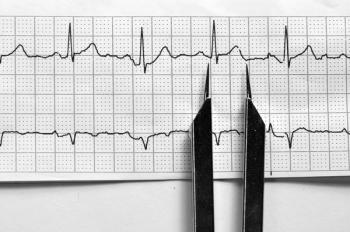
HIV infection increases the risk of acute myocardial infarction in veterans without major cardiovascular disease risk factors. The presence of major CVD risk factors significantly increases this risk.

CROI offers more than 1100 high-quality presentations and myriad poster sessions. You have so little time. Our CROI blogger offers 6 different ways to maximize learning at any jam-packed meeting, depending on your personal style.

The antiviral future holds great promise for people living with HIV: better-tolerated, less toxic, drugs are about to come to market, and we are about to see the introduction of drugs from 1 or 2 new classes.

Here is compelling reason why every MD needs to test his or her patients for HCV, and get them into therapy as soon as possible.

Here’s a look at how emergency room experiences affect linkage to care and retention in care among patients with HIV.